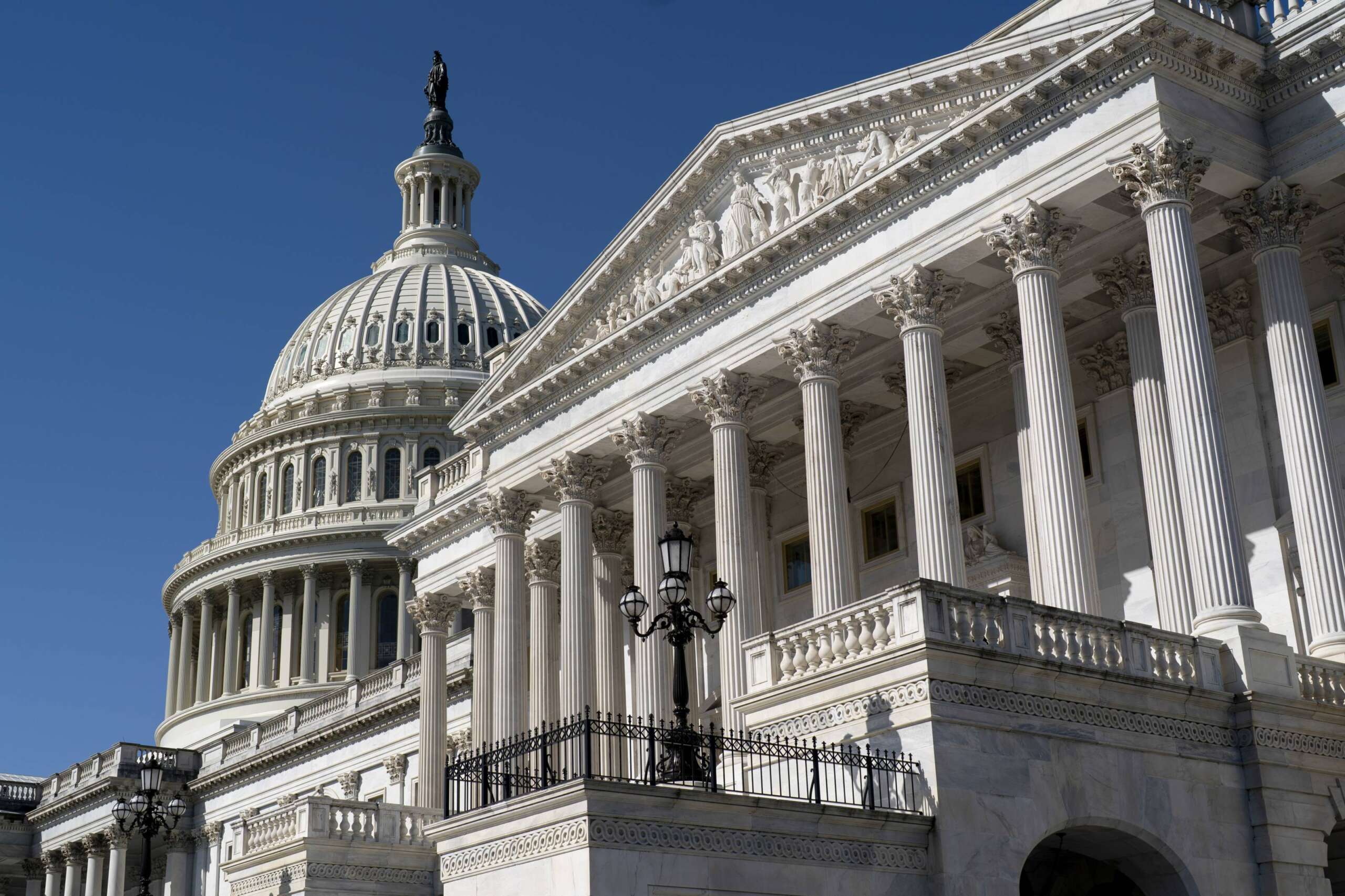
Resolves YES if the US federal government defaults on its debt or fails to pay its bills on time in 2023 in a non-technical manner. Otherwise NO.
Here debt is not just Treasury bond debt, but also US government obligations like Social Security, Medicare, military spending, etc. So if any form of "payment prioritization" is triggered, that would be a YES:
Yellen said Friday that any failure to pay a government bill would constitute a debt default
A "technical default" (a delay to payments for technical reasons not indicative of its ability or willingness to repay debt) does not count as YES. For example:
The US failing to pay obligations on time because of running out of money because of the debt ceiling is YES. Even missing the deadline to pay debt by a single day is sufficient.
If the US pays debt late because of computer problems, but there was enough money to pay it and the issue is quickly corrected, that is a "technical default" and not a YES. (This happened to US treasuries in the 1979.)
See https://www.investopedia.com/terms/s/sovereign-default.asp for what I mean by "technical default", which would not count as YES.
If a country briefly delays interest payments for a few of its bonds for technical reasons not indicative of its ability or willingness to repay debt, as the U.S. Treasury did once in the 1970s, it might have technically defaulted for a time. So long as the repayment snag is quickly ironed out, such a "default" is unlikely to have any long-term consequences, or to be widely viewed as one.
See also this market on a default on Treasury bond debt specifically:
🏅 Top traders
| # | Trader | Total profit |
|---|---|---|
| 1 | Ṁ356 | |
| 2 | Ṁ138 | |
| 3 | Ṁ116 | |
| 4 | Ṁ60 | |
| 5 | Ṁ53 |
People are also trading
@JonathanRay That definitely shouldn't count here. But you have a point that this is an interesting case. This question is about the US's ability and willingness to pay obligations, whereas in the government shutdown context I think the US is failing to allocate spending to employ the people in the first place. As far as I understand, they furlough non-essential workers in order to avoid having to pay them, and essential workers continue to work without pay, but both essential and non-essential workers receive backpay aftewards - but in theory the government could also just not pay them and it's not clear whether that would be a breach of contractual obligations? https://www.opm.gov/policy-data-oversight/pay-leave/furlough-guidance/unemployment-compensation-for-federal-employees-fact-sheet-december-2018.pdf
https://federalnewsnetwork.com/management/2023/05/agencies-know-what-to-do-during-a-government-shutdown-but-default-is-new-territory/ also supports that what happens during a shutdown is not default.
a default situation is very different from a government shutdown.
In this case, agencies still have legally-authorized appropriations for the rest of the fiscal year, even though Treasury may not have enough cash on hand to pay those obligations when they’re due.
“A shutdown comes from the absence of appropriations, and [default] is not an absence of appropriations,”
@GaryGrenda I think a default on government non-bond obligations would also be a huge mess - see https://fivethirtyeight.com/features/debt-ceiling-default-consequences/.
A lot of people rely on the government to pay its bills on time. There are almost 2 million federal government employees whose direct income could be affected. That doesn’t include the roughly 1.3 million active-duty military personnel, as of last count, and an additional 3.9 million veterans who receive disability support. The government could furlough or lay off workers in an effort to save money during a debt-ceiling crisis, leaving many of these people without an income. These tradeoffs could start to happen immediately, since one of the first bills that’s coming due is $12 billion in promised veterans’ benefits on June 1, and an additional $5 billion in federal salaries and insurance is scheduled to be paid out on June 9, according to an analysis by the Bipartisan Policy Center.
And I believe this to be the commonly understood meaning of default in the context of the debt ceiling crisis, and it's also why I clarified in the title that it wasn't just bonds.
@jack I view it as a commonly misunderstood definition. Mainly because that is how default is used in every other context, except this one for some reason.
@GaryGrenda Companies delay payments to vendors all the time. When they do so, no one ever proclaims them to be in default.
@GaryGrenda I agree that you usually wouldn't say a company is "in default" if it is late paying a vendor. But it would be correct to say that the company defaulted on that obligation, wouldn't it?
I did some searching to find what is the usual definition of default. While I think bond repayments are the thing people are most likely to think of, it seems clear to me that other failures to repay non-debt obligations are generally considered default too.
financial default can occur whenever a company fails to meet any kind of financial obligation.
Missed payments for supplies, raw materials, royalties, and similar unsecured operating liabilities.
https://www.investopedia.com/terms/d/default2.asp
This article mostly says that default is failure to make required repayments on debt, but it also gives a differing example:
Defaulting on a futures contract occurs when one party does not fulfill the obligations set forth by the agreement. Defaulting here usually involves the failure to settle the contract by the required date.
And as a specific example of a non-debt obligation that we individuals can more easily relate to, consider rent. Failure to pay rent on time is called default. https://www.lawinsider.com/dictionary/rent-default
And here's an example of it for a company:
https://www.cnn.com/2023/01/03/tech/twitter-landlord-lawsuit/index.html
Twitter missed a rent payment of $136,260 for its 650 California Street office. That triggered a notice from the landlord on Dec. 16, giving Twitter five more business days to make the payment or risk falling into default.
https://manifold.markets/BTE/will-twitter-default-on-any-payment
Anyway, if you think it's a poor definition, what do you think would be a better way to phrase the title question? I have already included a parenthetical to make it clear that it includes failure to pay government bills on time in general, and just edited it to make it even more clear.
@GaryGrenda It asks whether the US will run out of money. Technically the debt ceiling was reached way back in January, and they've been shuffling money around to keep paying the bills, and expect to run out of money in early June.
Did I miss something on why this jumped so high all of a sudden? The only thing I can find in the news is this article discussing debt prioritization which the Democrats seem to be dismissing: https://thehill.com/business/economy/3906047-gop-led-debt-prioritization-push-to-help-prevent-default-draws-mixed-reviews/amp/


